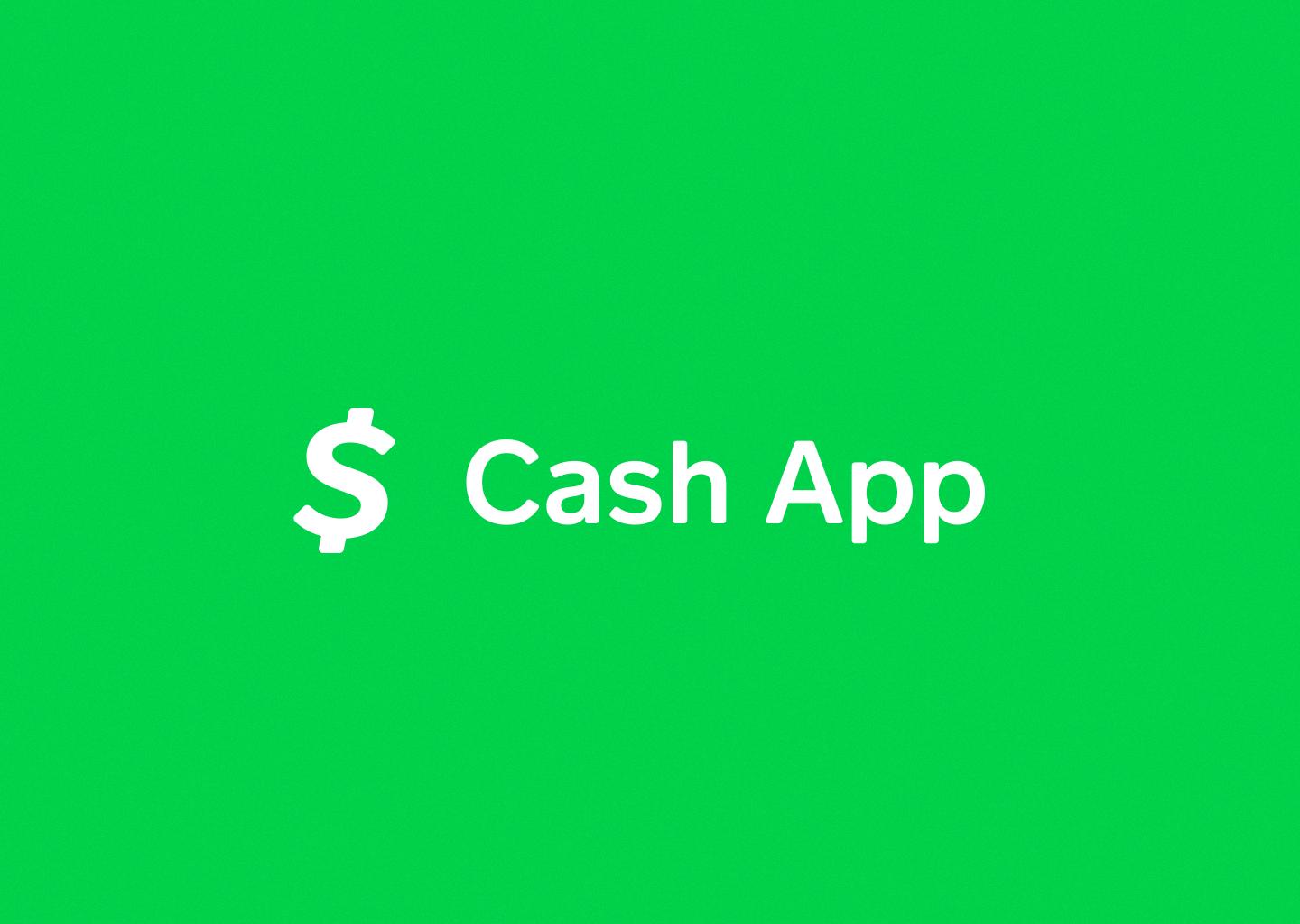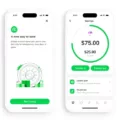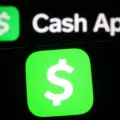Cash App, launched in 2013 by Block Inc., is a mobile banking platform that allows users to conveniently and securely manage their finances through their smartphones. Developed by the same company that owns Square, a popular card processing service for small businesses, Cash App aims to provide a seamless banking experience without the usual fees associated with traditional banking.
One of the standout features of Cash App is its commitment to user protection. The money in your Cash App account balance is covered by the Federal Deposit Insurance Corporation (FDIC) through their partner banks. This means that in the event of a bank failure, your funds are protected up to $250,000 per Cash App customer. It’s important to note that while your Cash App account balance is covered by FDIC insurance, Bitcoin and investing balances are not.
Cash App offers its users a range of financial services, but it’s important to understand that it is not a bank itself. Instead, it partners with established banks to provide banking services to its users. This collaboration ensures that Cash App can offer the convenience and functionality of a banking platform while leveraging the expertise and security measures of traditional financial institutions.
In addition to its banking services, Cash App also offers a prepaid debit card issued by Sutton Bank. This card allows users to conveniently access their funds and make purchases at any merchant that accepts Visa. With the Cash Card, users can even withdraw cash from ATMs.
Cash App provides a modern and user-friendly solution for managing your finances on the go. With its emphasis on low fees and FDIC insurance coverage, it offers peace of mind and financial security to its users. Whether you’re looking to send money to friends, pay bills, or invest in Bitcoin, Cash App simplifies the process and provides a seamless banking experience through your mobile phone.
What Was Cash App Created For?
Cash App was created by Block Inc. in 2013 as a mobile banking solution. This app allows users to conduct banking activities through their mobile phones without incurring the usual fees associated with traditional banking services. The primary purpose of Cash App is to provide a convenient and cost-effective way for individuals to manage their finances on the go. It was developed as an alternative to traditional banking services, aiming to offer a simpler and more affordable banking experience for users. Cash App offers a range of features, including the ability to send and receive money, deposit funds, invest in stocks, and even buy and sell cryptocurrency. By providing these services without charging excessive fees, Cash App aims to make banking more accessible to a wider audience.

What is Cash App Backed By?
Cash App is backed by the Federal Deposit Insurance Corporation (FDIC) through its partner banks. The FDIC provides a level of insurance coverage for the money in your Cash App account balance in the event of bank failure. This insurance is known as FDIC “pass-through” insurance.
Here are some key points to note about the FDIC coverage for Cash App:
1. Coverage: The FDIC will cover eligible accounts up to $250,000 per Cash App customer. This means that if a partner bank were to fail, the FDIC would insure your Cash App account balance up to this amount.
2. Partner Banks: Cash App works with various partner banks to hold and safeguard your funds. These partner banks are responsible for managing and securing the money in your Cash App account.
3. Cash Card: If you have a Cash Card, the money in your Cash App account balance is covered by the FDIC. This means that if the partner bank holding your funds were to fail, the FDIC would step in to provide insurance coverage.
4. Bitcoin and Investing Balances: It’s important to note that FDIC insurance does not cover Bitcoin or investing balances in Cash App. This means that if you have funds in these categories, they are not protected by FDIC insurance.
Cash App is backed by the FDIC through their partner banks. The FDIC provides insurance coverage up to $250,000 per Cash App customer for the money in your Cash App account balance. However, it’s important to understand that this coverage does not extend to Bitcoin or investing balances.
Is Cash App Ran By a Bank?
Cash App is not run by a bank. Cash App is a financial platform that offers various services, including money transfers, direct deposits, and investing in stocks and bitcoin. However, the banking services provided by Cash App are offered through its bank partner(s). This means that Cash App collaborates with a bank or banks to provide certain banking services to its users.
It’s important to note that while Cash App offers features such as a prepaid debit card, these cards are issued by Sutton Bank, not Cash App directly. Sutton Bank acts as the issuer of the prepaid debit cards associated with Cash App.
Conclusion
Cash App is a mobile banking service launched in 2013 by Block Inc., the same company behind Square. It offers users the ability to bank through their mobile phones without the typical fees associated with traditional banking. Cash App’s partnership with FDIC-insured banks ensures that the money in a user’s Cash App account balance is covered by FDIC insurance in the event of bank failure, providing up to $250,000 in coverage per customer. However, it’s important to note that Bitcoin and investing balances are not covered by FDIC insurance. Cash App is not a bank itself but rather a financial platform, with banking services provided by its partner banks and prepaid debit cards issued by Sutton Bank. Cash App provides a convenient and fee-free option for mobile banking, with the added security of FDIC insurance for account balances.













